Coccidiosis in chickens and goats, if left untreated can be very dangerous.
What is Coccidiosis in Chickens and Goats?
Coccidiosis, otherwise known as cocci or coccidia, is an internal parasite that can affect all species. Coccidia can be found in the dirt, fecal matter, pretty much anywhere outside that your animals will definitely be touching.
You would think that with how widespread coccidia can be that it would be a simple thing right? Wrong! Coccidia, although by definition (it is a single cell protoza) is a simple organism how it affects animals is not simple at all.
First, there are a multitude of types of Coccidia. To make things more difficult, Coccidia are species specific. This means that the 10 (yes, 10!) types of Coccidia that affect goats will not affect chickens.
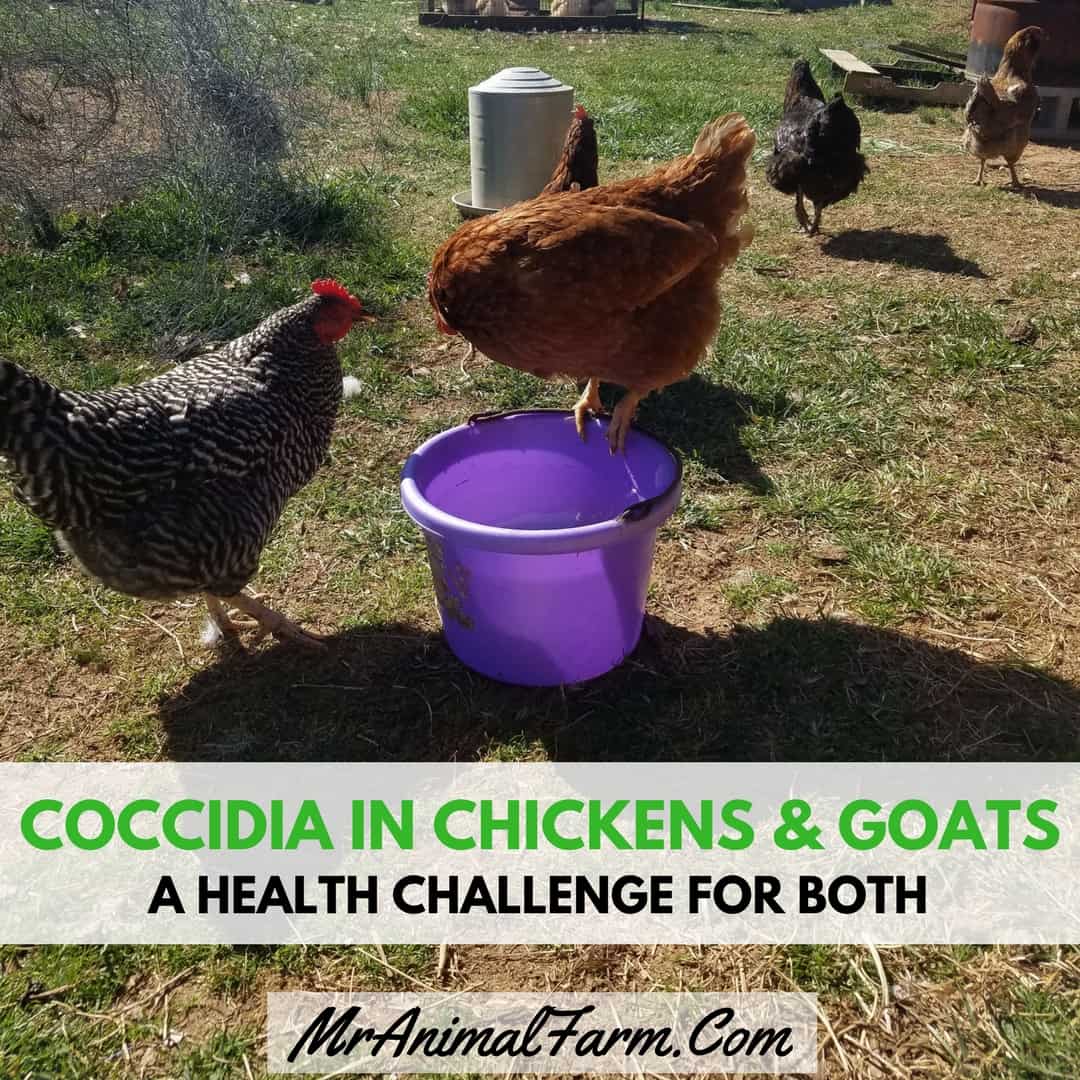
And, also, that the 9 types of Coccidia that affect chickens will not affect goats or any other species.
Of course, each of these different types of Coccidia will have different levels and slightly different types of infection in their host species. For more details on Coccidia's life cycle, check out this article.
Whew! So, you are probably thinking Coccidia in chickens and goats may be a hard thing to manage, identify and treat, right? Not necessarily true (thanks goodness!)
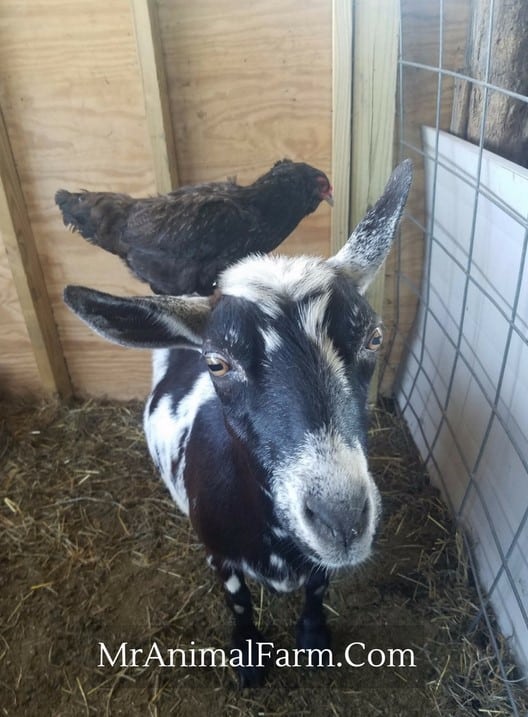
How to Identify Coccidia in Chickens and Goats:
Coccidia can be present and affecting your chickens and/or goats without you noticing. A low grade infection or overload of Coccidia can cause decreased appetite and decreased production (milk for goats, eggs for chickens). Additionally, a low grade overload may also just cause your goats or chickens to act a little "off".
The really dangerous load of Coccidia is when you start to see obvious signs. In goats, you will see lethargy, anemia, dehydration and diarrhea (in addition to the low grade signs).
In goats, diarrhea is sometimes referred to as scours. Brush up on all your important goat terminology so you know what everything means.
In chickens, you can see all the same signs as you see with goats. A tell-tale sign of Coccidia in chickens is bloody diarrhea.
In order to positively identify Coccidia in chickens and goats, you can collect a fecal and have your vet run a test on the fecal sample.
As you may expect given that coccidia is present in dirt, all animals will usually have some level of coccidia in their systems. If you run a fecal on an adult goat you may find a few coccidia and this is considered normal and not cause for concern.
It is when the fecal is covered in coccidia and/or your animal is also showing the signs and symptoms mentioned above that you need to be concerned and start treatment.
Due to the fact that all animals will usually have some level of coccidia normally, it is important to watch them during times of extra stress as this can be a time when the coccidia will take over and become an issue.
For example, during goat kidding time or when chickens get integrated into a new flock the animals are under more stress than usual and therefore may experience a coccidia bloom.
How Is Coccidiosis Transmitted?
As we mentioned, coccidia is a naturally occurring bacteria that just about every living thing carries. The problem is when it starts to accelerate it's growth and overload it's host.
Since your livestock already carries it, that also means they shed it when they create and expel waste (poop, we're talking about poop). When their area is not kept clean, or if the moisture/humidity/temperature/weather conditions are just right, the bacteria will start to grow on the ground.
Then when your goats or chickens are eating feed, hay, pellets, grass, anything that's on or low to the dirt, they reingest the coccidia, thus reinfecting themselves. This cycle can continue until the animal is either successfully treated or they, sadly, get sick and die.
How to Treat Coccidia in Chickens and Goats:
**Please note, this is how WE treat our animals based on experience and advice from our vet. It should NOT substitute for actual veterinary advice if you have a sick animal**
Coccidiosis Treatment in Chickens:
We treat them with Corid in their water. We simply follow the instructions on the bottle.
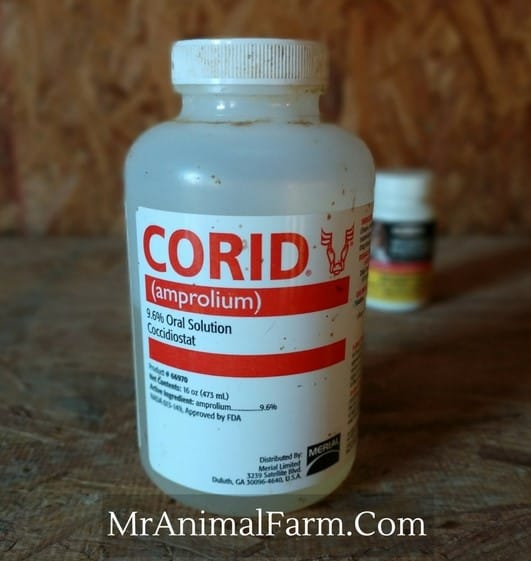
Corid (as well as being sick) can zap B vitamins from your chickens, so after (NOT during) the dose of Corid we like to give them a vitamin and electrolyte supplement.
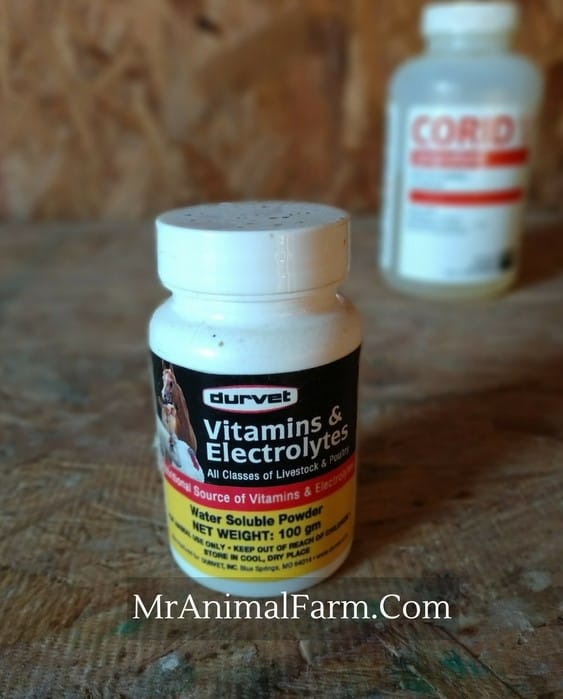
If they are really sick, it is also a good idea to separate them (leaving them with at least one buddy to decrease stress if possible). Very weak birds may need some help eating and drinking - we have syringed water sometimes to get them going.
If you need more help with taking care of your chickens, check out The Organized Chicken Keeper for a complete system for managing their health through keeping their supplies stocked and coop clean.
Coccidiosis Treatment in Goats
We use Albon (which we purchase from our vet). It is a simple oral medication that they get for a few days. Di-methox is another medication used to treat Coccidia in goats.
In addition to the Albon (or other medication recommended by your vet), we make sure that the goat is getting separated to eat on their own (so they don't have to fight for food). We also give Probios to keep their tummy healthy.
For goat kids, you can also put them on a coccidia preventative. Find out more about goat kid care and goat breeding in the Goat Breeding Planner.
We use Albon (which we purchase from our vet). It is a simple oral medication that they get for a few days. Di-methox is another medication used to treat Coccidia in goats.
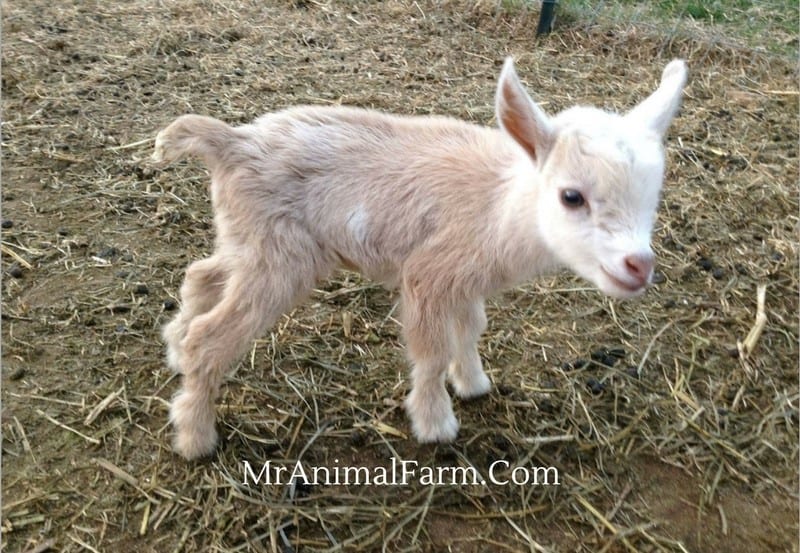
How To Prevent Coccidiosis:
Cocci is one of those things that is naturally occurring. You may not be able to completely prevent it from living in and around your homestead, but you can put some preventative measures in place to help keep it at bay.
Making sure their area stays dry is crucial to keeping coccidia from overgrowing. You will also want to make sure to keep their water fresh and clean on a regular basis. Additionally, moving the location from time to time to allow the area to dry out and reduce/kill the bacteria growth is also helpful.
Additionally, make sure to know how to quarantine new animals. Even if you purchased from a disease free goat herd or a NPIP Certified chicken breeder. Because stress can cause coccidiosis to bloom when animals move to new homes.
Have you experienced Coccidia in your chickens or goats? How did you treat them?
If you need more help with taking care of your chickens, check out The Organized Chicken Keeper for a complete system for managing their health through keeping their supplies stocked and coop clean.

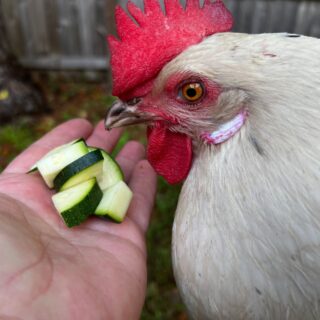
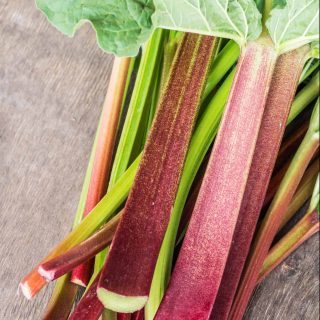
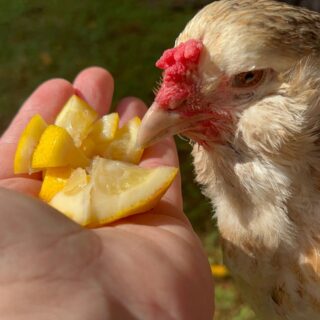
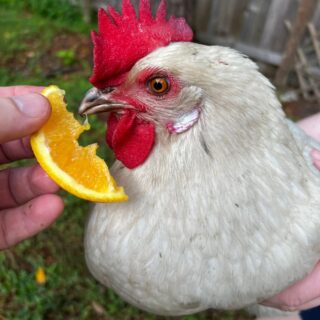
Christine says
Well I don't have goats but I do have sheep and we get a case or two of coccidiossis every year because it is in the soil. As soon as I see signs of it, I have a fecal count done by the vet and then I dose everyone with Amprol in the water for five days. Clears it up nicely. Sometimes I can catch it before it spreads around and then I can dose just the one sheep with the same medication via a drench.
Deborah Kunic says
We treat our goats with Corid. There is a Corid Calculator online which makes accurate dosing very easy.